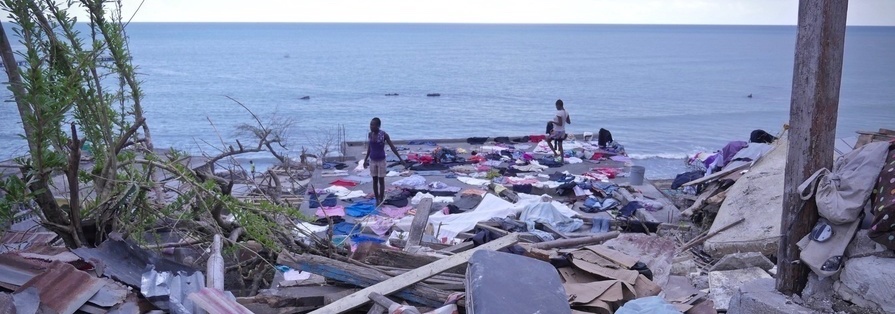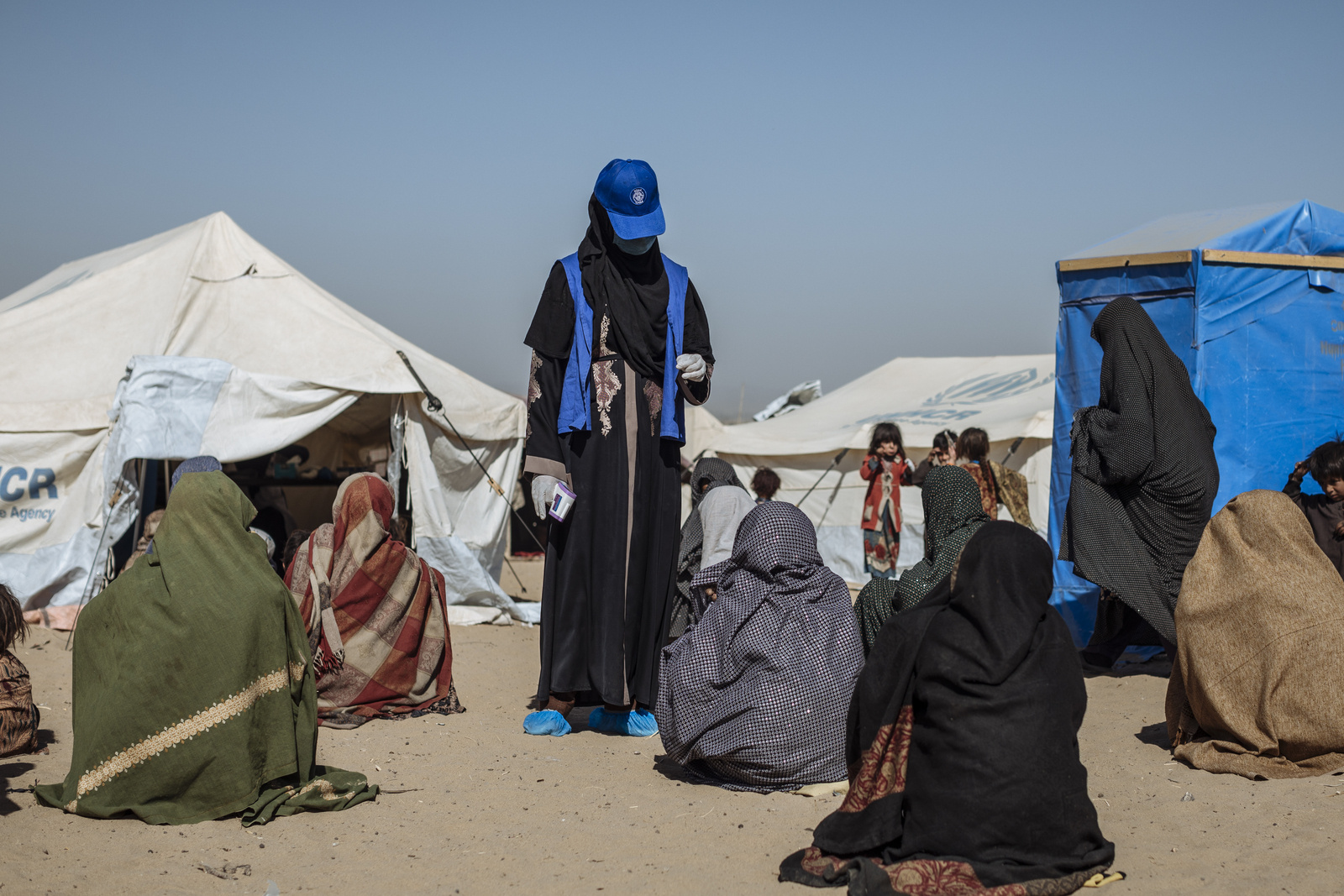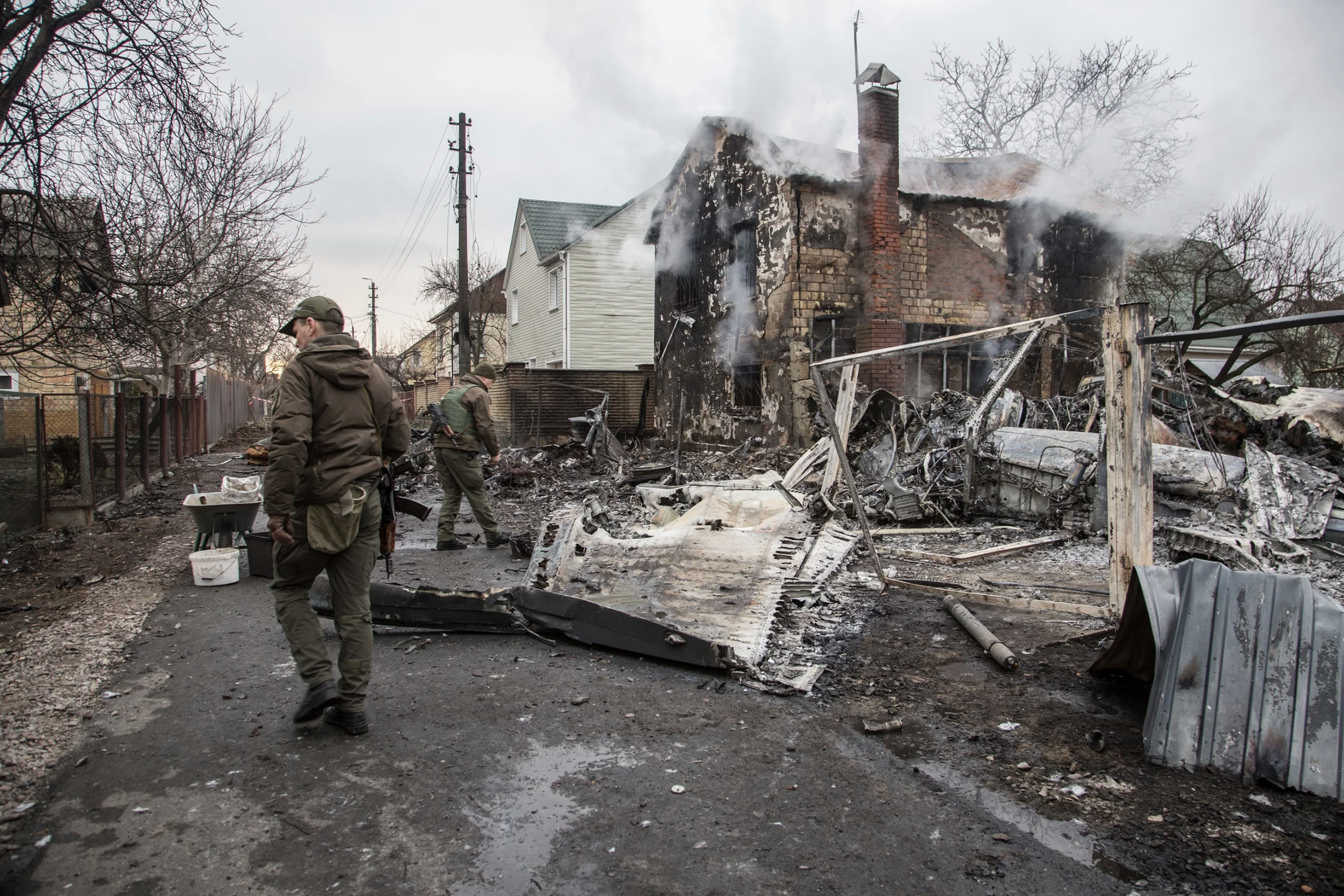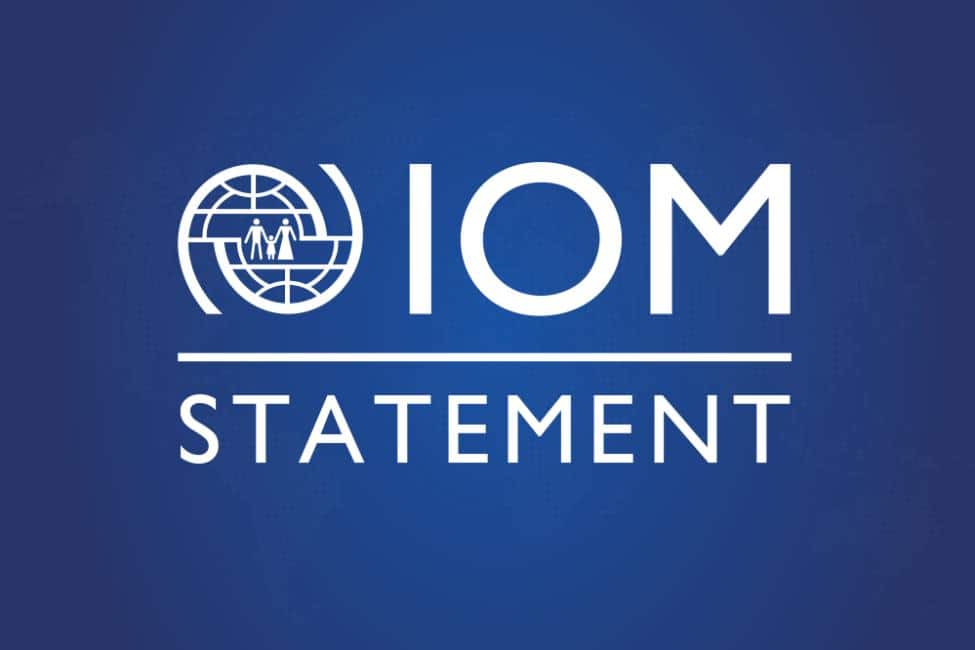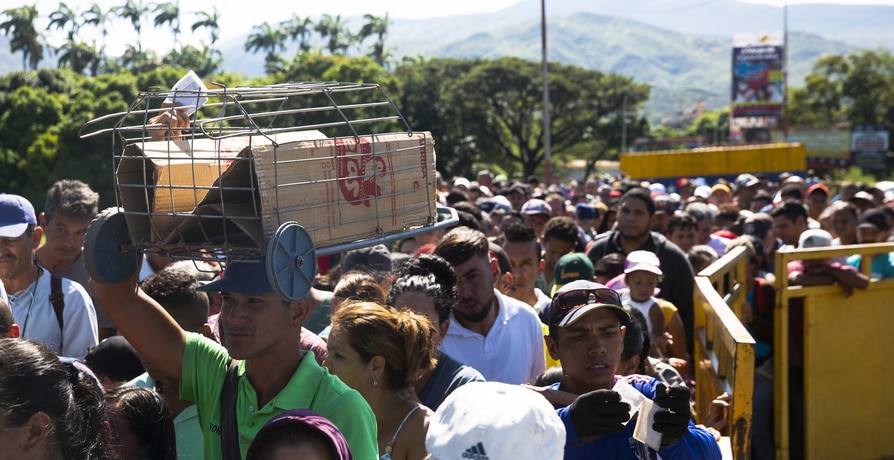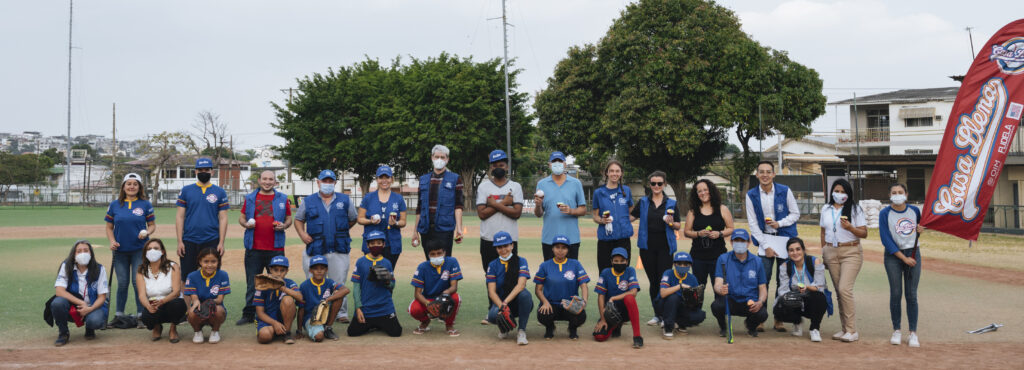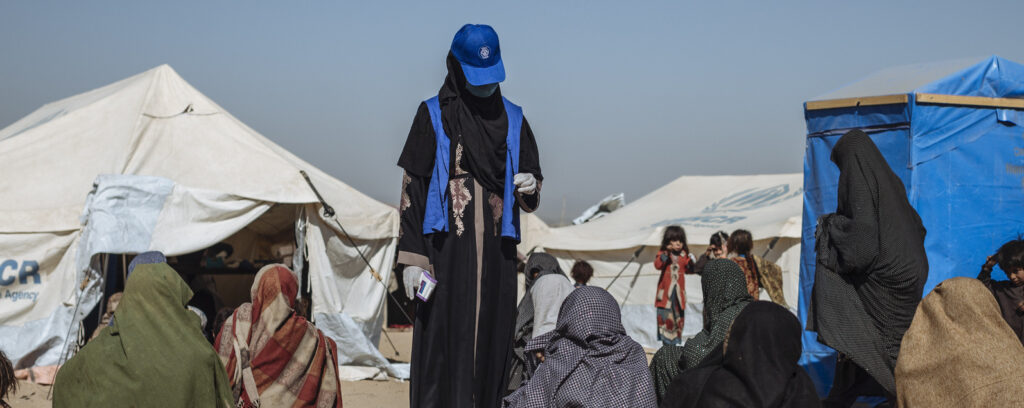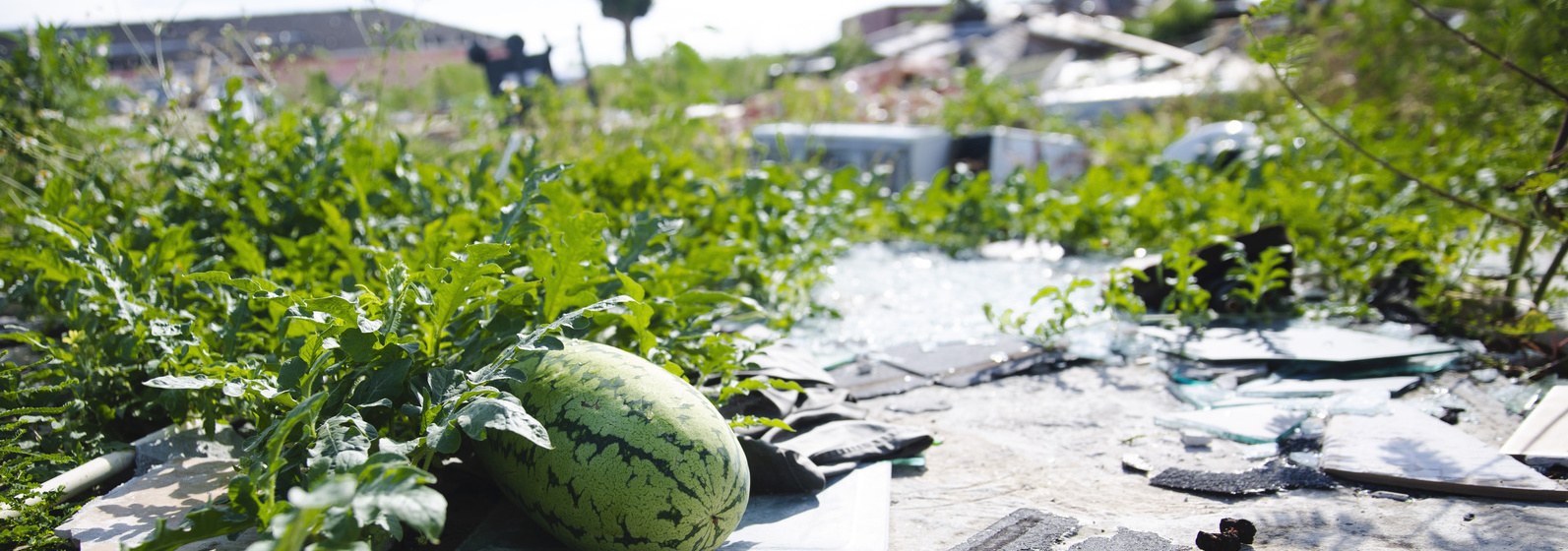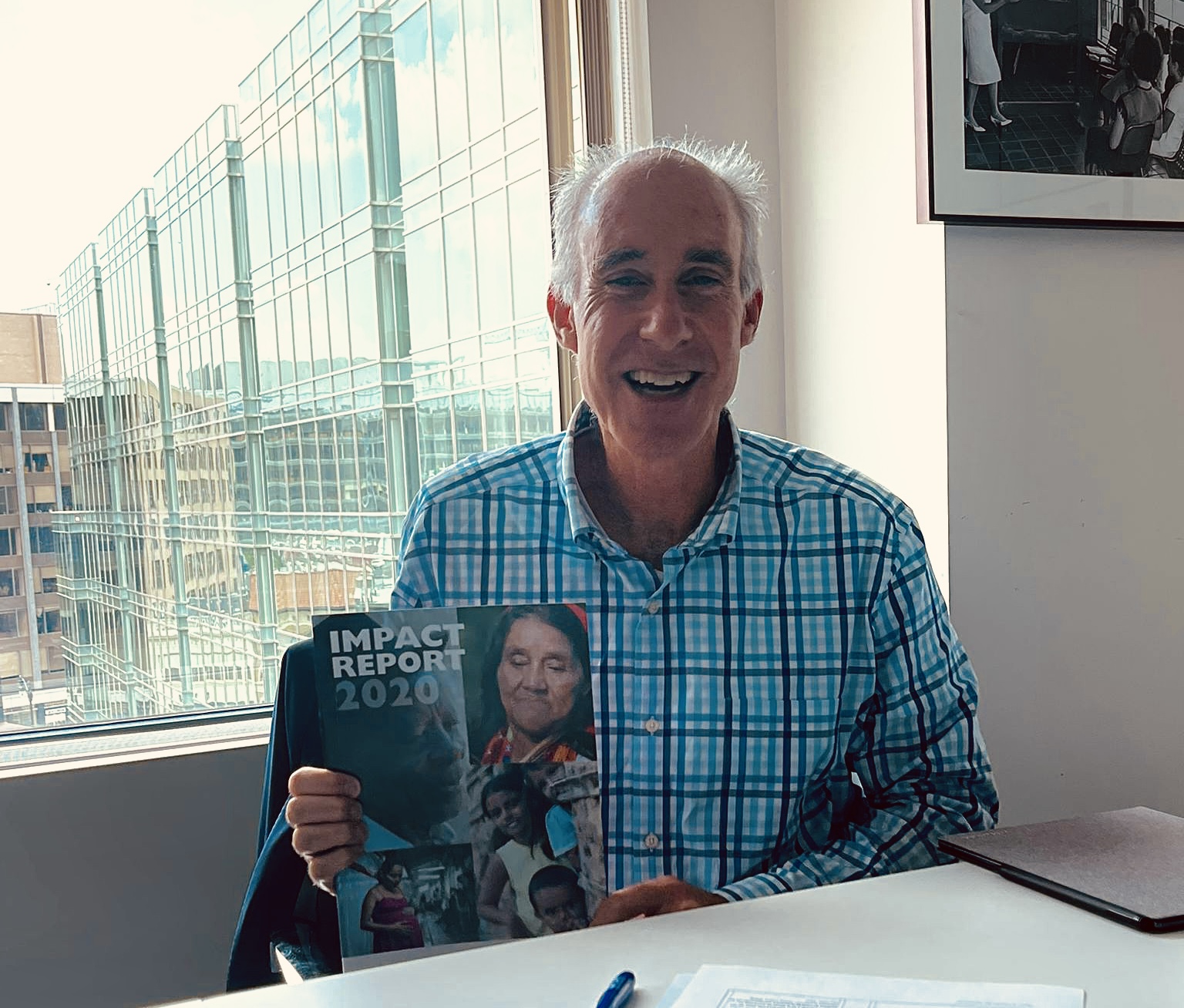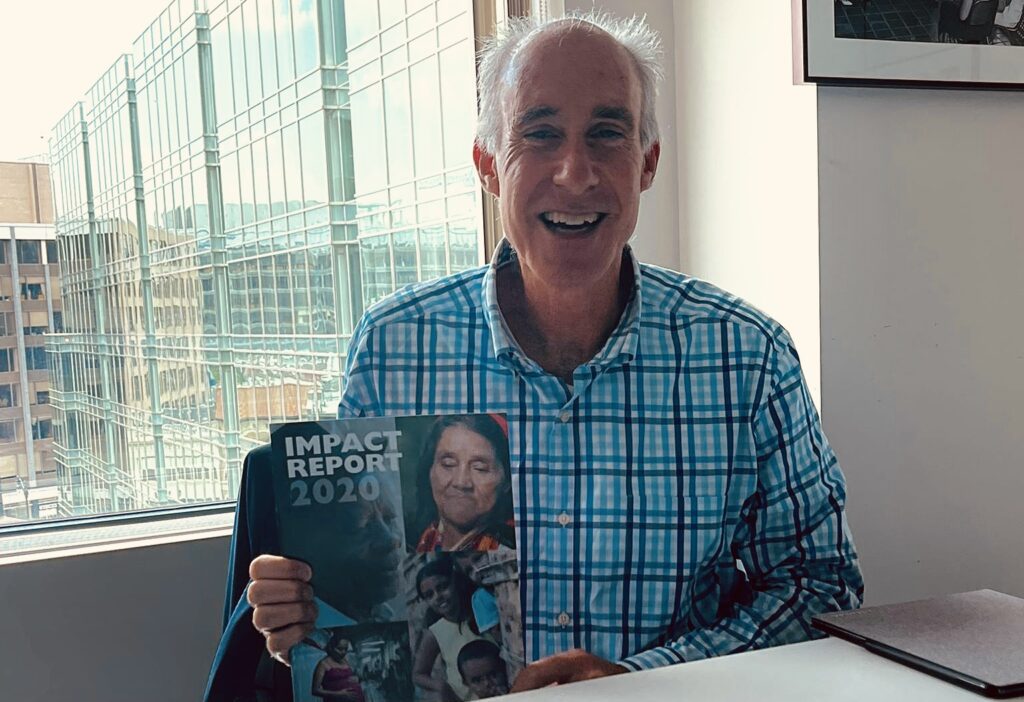Day Zero Operations
Hurricane season in the Caribbean lasts from June to November, and IOM, along with its government and civil society partners, has developed extensive emergency response protocols for when disaster strikes.
This preparation allowed IOM to mobilize quickly. Within 24 hours, IOM had deployed its team to distribute shelter and hygiene kits, including tarps, blankets, and personal sanitation materials, to those displaced from their homes.
Lessons Learned from 2010
After the devasting 2010 earthquake, IOM and its implementing partners dedicated themselves to preparing for the next disaster.
Haiti developed a national Civil Protection Agency with an extensive network of field officers. This infrastructure allows Haiti to quickly coordinate with state and local bodies when an emergency occurs and has made the country a regional expert in disaster response.
Meanwhile, IOM has developed mechanisms to act as a first responder to potential displacement events. In Haiti, this includes regularly running emergency operation simulations and mapping shelters and other life-saving resources.
Another lesson learned from the 2010 earthquake was the importance of building and maintaining trust to humanitarian operations. For IOM, this begins with respecting local knowledge and systems already in place by the government, local associations, NGOs, and community leaders.
Without these partnerships, IOM would be unable to help those most vulnerable. Loprete explains the reach of IOM, saying, “we cannot stop where the paved road stops. We have to go beyond that. Once we reach those that we think are the most vulnerable, we usually get there and they say to us, ‘no, you have to go further, there are people over there who are worse off.”
Overlapping Crises Demand Urgent Action
Providing shelter is currently IOM’s top priority. Many still do not have a roof over their heads as their homes are being assessed for structural integrity.
IOM is working to avoid the prolonged displacement experienced in the wake of past disasters and is dedicated to supporting survivors throughout recovery efforts in the coming months and even years.
“Haiti is facing multiple crises,” reports Loprete, including a global pandemic, seasonal hurricanes, and institutional and political crises. He emphasized that this is a moment when we need everyone to come together to do more than recover but to build resilience to face the next crisis.
How to Make a Difference
IOM has already distributed 150,000 relief items to 61,000 families in Haiti. Currently, IOM is working to bring these materials the ‘last mile’ to those in the most remote regions who need them most. You can help by donating to organizations that are working with local partners to lead a sustainable recovery.
If you would like to support the work UN Migration, please donate here: https://usaforiom.org/fundraising-haiti/.
_____________________
For more live updates on IOM’s work responding to global crises, tune in next month for more from USA for IOM’s new series, From the Field.
